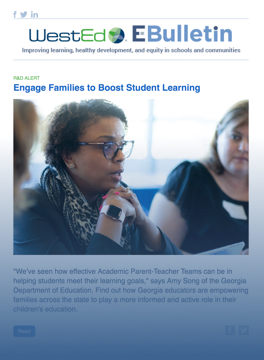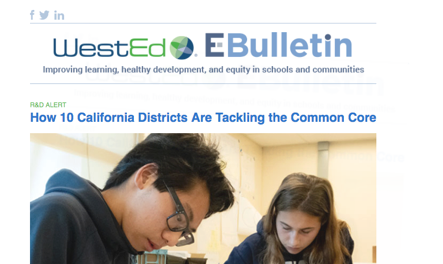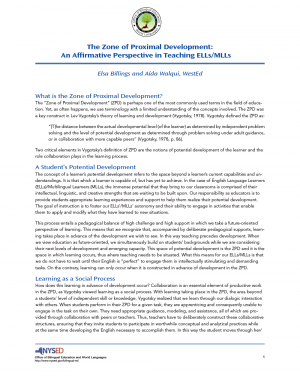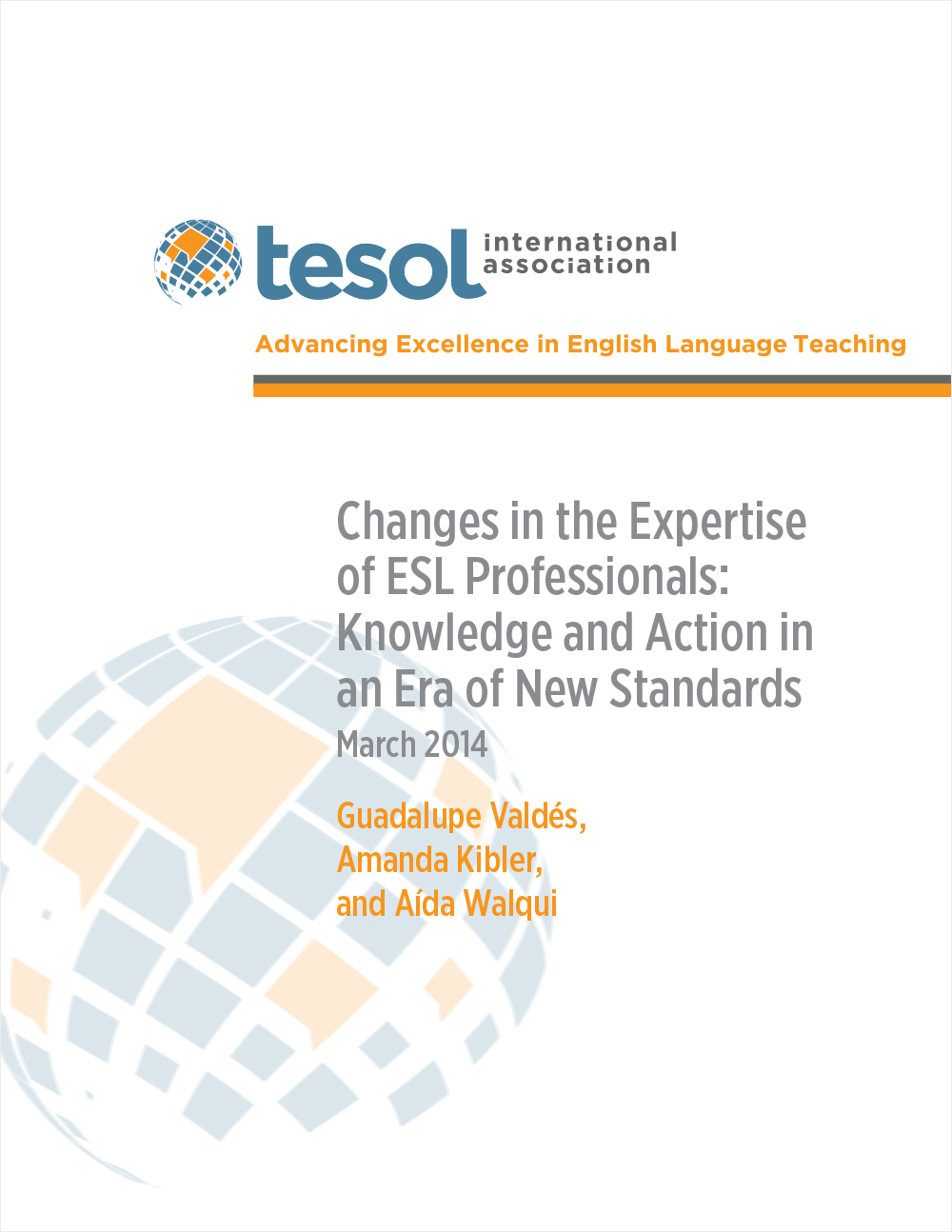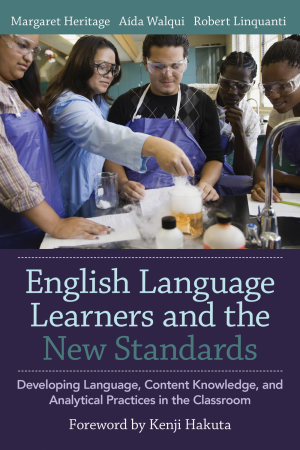Zone of Proximal Development: An Affirmative Perspective in Teaching ELLs
Description
2025 QTEL Winter Institute
Looking to develop more quality educational opportunities to support the academic potential of your English Learners? Join the first-ever QTEL Winter Institute at Gallaudet University in Washington, DC, from January 27 to January 31, 2025. Join us for an intensive five days of professional development aimed at enhancing the educational journey of English Learners.
Space is limited so register early to reserve your spot!
The Zone of Proximal Development (ZPD) was a key construct in Lev Vygotsky’s theory of learning and development.
The Zone of Proximal Development is defined as the space between what a learner can do without assistance and what a learner can do with adult guidance or in collaboration with more capable peers.
In the case of English language learners (ELLs)/Multilingual learners (MLLs), the immense potential that they bring to our classrooms is comprised of their intellectual, linguistic, and creative strengths that are waiting to be built upon. Educators must provide students appropriate learning experiences and support to help them realize their potential development. The goal of instruction is to foster our ELLs’/MLLs’ autonomy and their ability to engage in activities that enable them to apply and modify what they have learned to new situations.
In this brief, WestEd’s Elsa Billings and Aída Walqui explore:
- A student’s potential academic development
- Learning as a social process
- Scaffolding learning
- Expanded understandings of the Zone of Proximal Development
- The expanded Zone of Proximal Development and language learning
- The Zone of Proximal Development as a future-oriented approach
Download other briefs in this series produced by the New York State Education Department:
- Quality Education for ELLs/MLLs: Why We Need It and How We Can Achieve It
- Quality Student Interactions: Why Are They Crucial to Language Learning and How Can We Support Them?
- De-Mystifying Complex Texts: What are “Complex” Texts and How Can We Ensure ELLs/MLLs Can Access Them?
- Dispelling the Myth of “English Only”: Understanding the Importance of the First Language in Second Language Learning
Resource Details
Product Information
Copyright: 2017Format: PDF
Pages: 4
Publisher: New York State Education Department
Stay Connected
Subscribe to the E-Bulletin and receive regular updates on research, free resources, solutions, and job postings from WestEd.
Your download will be available after you subscribe, or choose no thanks.
